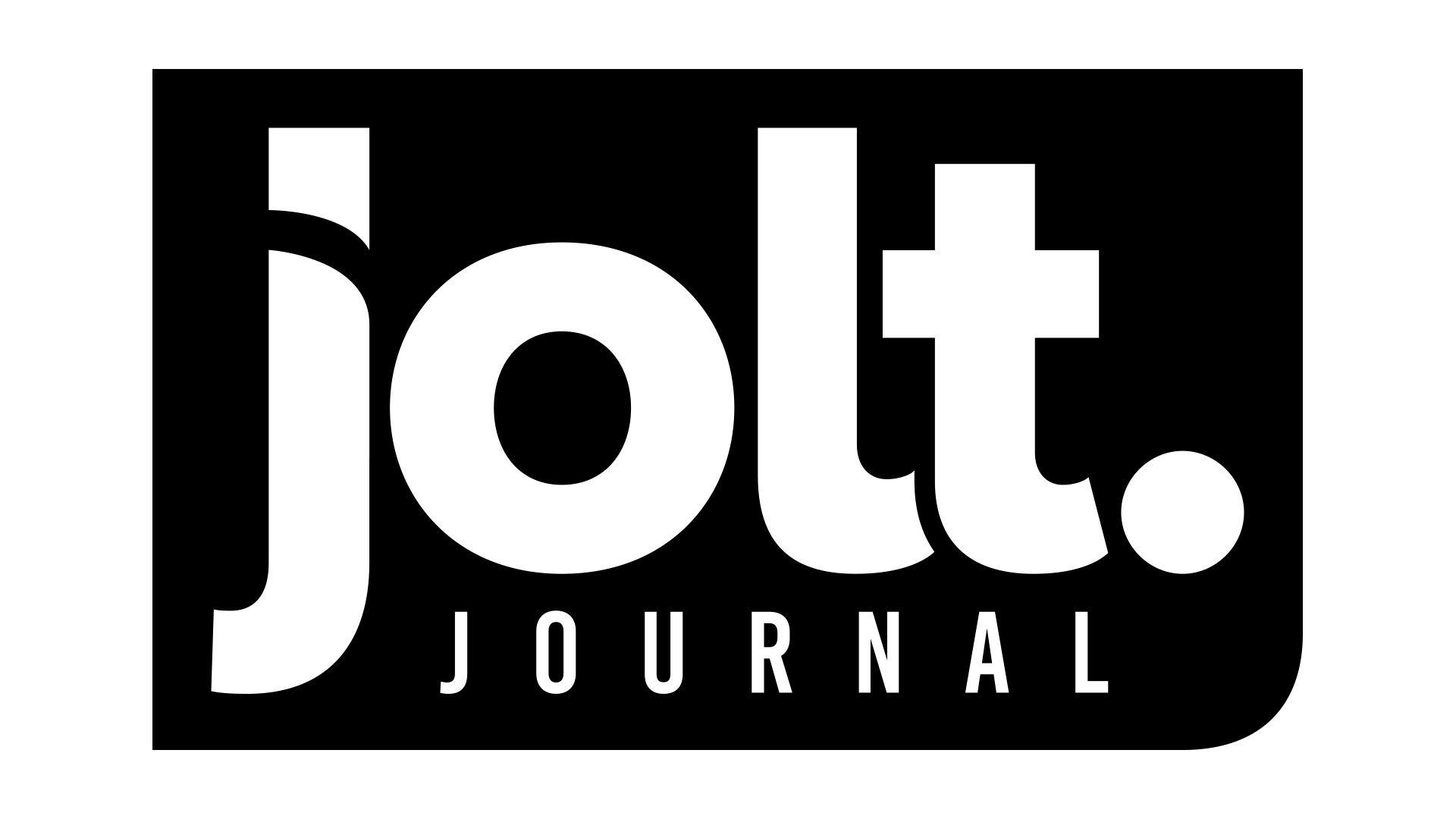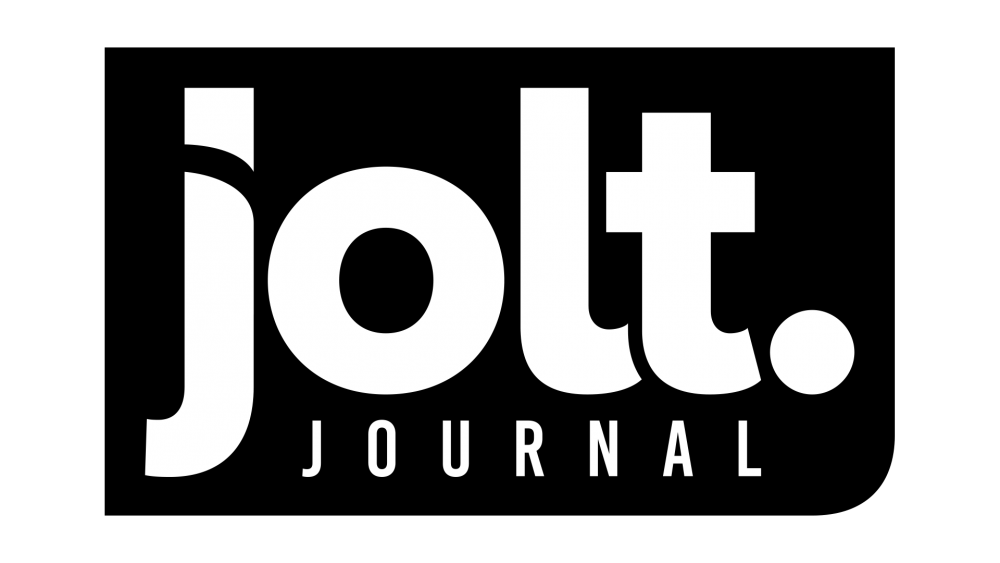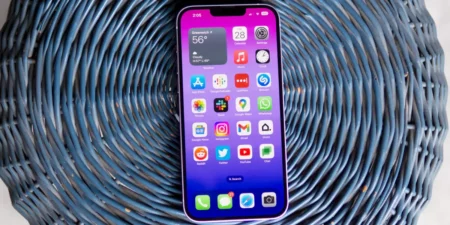For those who don’t know, there are plenty of programs available from the federal government that will help people pay for things, such as daycare, a new home, and even college. Most of the programs we discuss are funded by tax dollars, so technically speaking, you’re paying for it to a certain extent, but it’s from a pool of cash that is there to assist you when you need it the most.
These days, with the COVID-19 pandemic going on, these programs are as crucial as ever but do note that availability and speed of applications may be affected.
Here Are Ways to Get Free Money From the Government
- Get money for child care expenses
For any family, day care is one of the biggest expenses. Annually, costs range from $5,000 in Mississippi to more than $22,600 in Washington, D.C., according to statistics provided by Economic Policy Institute, a non-profit organization that is focused on low income and middle income workers.
There is help, rest assured. The Child Care and Development Fund is available to help ease the stress of child care for low-income families. Services are administered by the U.S. Department of Health and Human Services where the finds provide states, territories, and tribes funds to distribute to families that need support paying for child care. These grants are income-based and usually cover care for children under the age of 13. If you’re interested, find the appropriate contact for your state that assists with the Child Care and Development Fund.
2. Get assistance with your utility bills
If you’re struggling to pay for your utility bills, such as your heating and phone bill, there are programs available to provide assistance.
- The Lifeline program provides discounted phone and internet service to those qualified. The Lifeline program is income-based, so there are specific requirements to meet determine eligibility.
- The Low Income Home Energy Assistance Program is available that helps low-income households cover the costs of cooling and heating. These grants are issued through your state, which receives funds from the Department of Health and Human Services. It’s best to contact your state to determine your eligibility because each state sets its own eligibility requirements, such as income levels.
3. Get assistance with down payment
If you’re interested in buying a home but cannot afford to do so, there is a down payment assistance program available. The state-based down payment assistance program provides grants and loans to help you cover the upfront costs of purchasing a home.
This program isn’t limited to low-income borrowers. For government loans, grants programs are available for those with mid- to high-income levels. It’s best to research a little bit about what your state has available for you to take advantage of downpayment assistance programs.
4. Get health insurance tax credits
Currently, the future of the Affordable Care Act (ACA) is up in the air, however, this doesn’t mean that you can’t take advantage of it right now. The premium tax credits issued through the ACA work like this:
Families and individual are able to purchase coverage through the government’s health insurance marketplace (healthcare.gov). If you purchase through the Healthcare Marketplace, you can qualify for a credit toward your insurance premiums. This credit is paid directly to your health insurance provider, which lowers your monthly payments, or is put in the form of tax credit when you file your tax return.
5. Search for a recover unclaimed money
This last option isn’t necessarily free money, but it is money that could be potentially owed back to you. For example, this money could be from a utility company or a former bank you did business with that you didn’t claim. These unclaimed funds are then turned over to the state when the respective businesses or departments aren’t able to locate you.
If you’re interested in seeing if there’s anything owed to you, head over to unclaimed.org, a site that’s affiliated with the National Associate of State Treasurers. There you will be able to find out if there’s any unclaimed money waiting for you.





